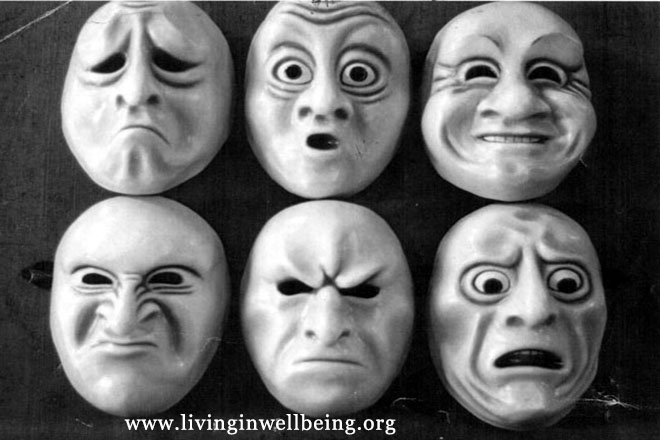
Everyone's experience in divorce is different. Any article on recovery needs to start with that. I'm not going to try and cover all the possible reasons and circumstances that vary from person to person. Instead, we'll focus on things that are almost universal...the emotional stages that everyone experiences to some degree. We'll cover what these emotions are, how they affect you and how to deal with them. This article is devoted to you...getting you through to recovery so you can get on with a happy, healthy life. Yes, you can!
I've often felt that divorce is the most painful kind of grief because the person you lost is still around. You have all the same emotions as if your spouse has died...but they haven't...they're just not with you any more. Separation somehow seems to make divorce more cruel. Even worse, when children are involved, you're permanently linked to the source of your pain, suffering the loss over and over again. When there are issues of child custody, support, visitation, dating, adultery, the emotions just get deeper and more painful. Divorce, like grief, creates emotions of denial, anger, bargaining, depression and finally, acceptance just like any other major loss. We'll focus on how some of these emotions are changed when divorce is the reason for our grief. For more detail on grief, generally, see 5 Stages Of
Grief And Loss [http://www.way2hope.org/5_stages_of_grief_and_loss.htm].
Denial:
Everyone who grieves goes through some amount of denial, even those whose loved one dies. For divorce, the denial seems more reasonable. After all, they're just across town...it's just temporary...they'll get over it. I suspect the 'amicable divorce' concept is a symptom of denial. After all, if you were able to live amicably, you wouldn't be divorced. With many forms of grief, denial is a very short experience, but with divorce, the denial can go on for months...even years...some never get out of it. They sadly wait the rest of their lives for their love to return.
Anger:
Just as the denial of divorce is often longer, the anger in divorce is usually far stronger than if your spouse had died. This is because they aren't dead! Either they abandoned you or created the conditions where you had to leave them...either way, it was their action that seems responsible for your pain and loss. The stronger the anger is, the more it chains you to your pain and suffering. I know some who will not release their anger even years after they were hurt. They are as bound to it as Ahab to the whale, in Moby Dick...and with the same end. It really doesn't matter how justified our anger is, the person it's hurting...is us. No matter what it takes, we have to find a way to move past the anger, put it behind us and move on.
Bargaining:
This is a lot like denial, except, in bargaining, you try to believe there are things you can do to get your spouse back. 'If I just say I'm sorry for the thousandth time, they will take me back.' 'If I can convince them I've changed, they'll leave their new partner and come back to me.' If your spouse had died, bargaining is usually just a reflection on how it might have been different. Since your spouse is still alive, bargaining is actually possible. Every time your mind hits upon a new tactic, you're on the phone or at their door, trying to get back. In fact, if someone won't move out of the divorce bargaining stage, it can become stalking and lead to restraining orders or jail. There has to be a point where you let go.
Depression:
With divorce, this is usually more severe than with the death of a loved one. Maybe during the anger stage we were able to blame all our hurt on them, but since the bargaining phase we've begun to realize we had a hand in it. My brother was depressed for 3 years after his wife left him. Just before his sudden death from cancer, I visited him in the same apartment the family had lived in for 20 years. He never moved! There were still empty places on the walls where the children's pictures had been removed, over 3 years before. My brother was so shaken by the reality that those he loved the most, no longer wanted to be with him, it was as if he had been frozen in time. Make sure you have a close friend who will keep an eye on you when you're going through the depression part of divorce. They will force you to do what you don't want to do...everything.
Acceptance and Recovery:
Finally! It could take 2 years or longer to get here. In most divorces, it becomes clear that we and our spouse could have done things differently. We learn from the things we've discovered about ourselves and accept the things we've discovered about them. We realize there will always be a place in our heart where we miss how things might have been, but that is no longer the focus of our lives. We're even able to consider the risk of another relationship, hopefully, equipped with all we've learned from the last one. Let me
know how you feel about it.












